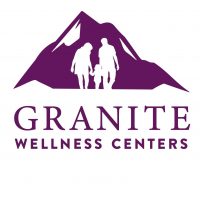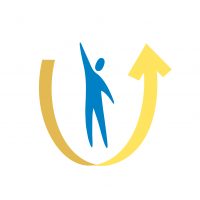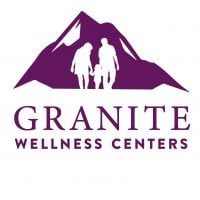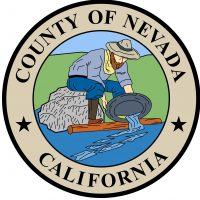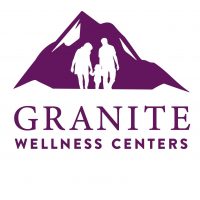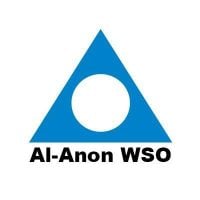Find a Substance Abuse Rehab Center or Resource in Grass Valley, CA
Grass Valley is not immune to the drug addiction and abuse problems that plague many communities across the United States. In fact, substance abuse is a significant problem in Nevada County as a whole. This likely due to a number of factors, including the fact that the area is home to a number of illegal drug manufacturing and distribution operations.
The most popular drugs being abused in Grass Valley and the surrounding areas are methamphetamine, heroin, and prescription drugs. Marijuana is also widely available and abused. The number of overdose deaths in Nevada County has been on the rise in recent years, which is likely a direct result of the increased availability of more potent drugs, such as methamphetamine and heroin.
With a variety of opioid and alcohol rehabilitation services operating right in California, there is opportunity for treatment and a better life. Below we list all of the top addiction rehab services and centers, each of which have special features of their own.
Free California Addiction Admissions Hot-Line
We will help you find treatment based on your location, budget, and specific needs and help you get started safely.
Free + Confidential Consultation
Browse 11 Centers in Grass Valley, California
The Granite Wellness Grass Valley addiction treatment facility provides comprehensive levels of care and aftercare support to help individuals overcome their addiction to opioids, substances, and drugs.
Turning Point - Providence Center in Grass Valley, CA provides comprehensive addiction treatment services, specializing in Dual Diagnosis, Drug Addiction, Alcoholism, Substance Abuse, and Mental Health issues, offering a range of levels of care, accepting Private Health Insurance, and providing aftercare support, while being accredited by CARF and affiliated with Turning Point Community Programs.

Granite Wellness Centers - Grass Valley
The Granite Wellness Centers - Grass Valley drug rehab has been providing comprehensive and highly-accredited addiction treatment solutions to individuals suffering from substance abuse, alcoholism, dual diagnosis, and drug addiction for more than 40 years, with additional post-treatment support to promote long-term sobriety.

Common Goals is a Grass Valley, CA addiction treatment center that provides tailored levels of outpatient care for individuals suffering from opioid addiction, substance abuse, and dual diagnosis, including follow-up aftercare services to help maintain sobriety and accepting private health insurance.
Sierra EEG is a comprehensive addiction treatment facility in Grass Valley, CA that offers personalized programs and therapies to individuals struggling with addiction, providing them with the care and support they need for long-term sobriety.
Nevada County Behavioral Health - Grass Valley
The experienced and knowledgeable staff at the Grass Valley, California drug rehab center offers a wide range of personalized treatment options, including outpatient and residential levels of care, to ensure that each individual's unique needs are met for successful recovery from addiction.
Community Recovery Resources - Grass Valley
Community Recovery Resources - Grass Valley is an accredited drug treatment facility in Grass Valley, California that provides quality care to individuals suffering from alcoholism, opioid addiction, dual diagnosis, and drug addiction, offering a range of services including aftercare support, detox, drug rehab, dual-diagnosis treatment, inpatient and outpatient programs, intensive outpatient treatment, intervention, and residential levels of care, with a capacity of 40 beds and a commitment to helping individuals overcome addiction and achieve long-term recovery.



Victor Community Support Services - Grass Valley
Victor Community Support Services - Grass Valley is a drug rehab center in Grass Valley, CA that specializes in treating those with dual diagnosis and mental health issues, offering a variety of levels of care and holistic healing practices to help individuals achieve sobriety and lasting recovery.
Community Recovery Resources - Inpatient in Grass Valley, California provides comprehensive and quality care for those suffering from alcohol and substance abuse, opioid addiction, and dual diagnosis with experienced professionals, detoxification services, and inpatient care.
Alano Club Northern Mines
Al-Anon - Grass Valley
Information About Substance Abuse and Addiction in Grass Valley, CA
Substance abuse and addiction are serious problems that can have a devastating impact on every area of a person’s life. If left untreated, they can lead to physical and mental health problems, job loss, financial difficulties, and relationship problems.
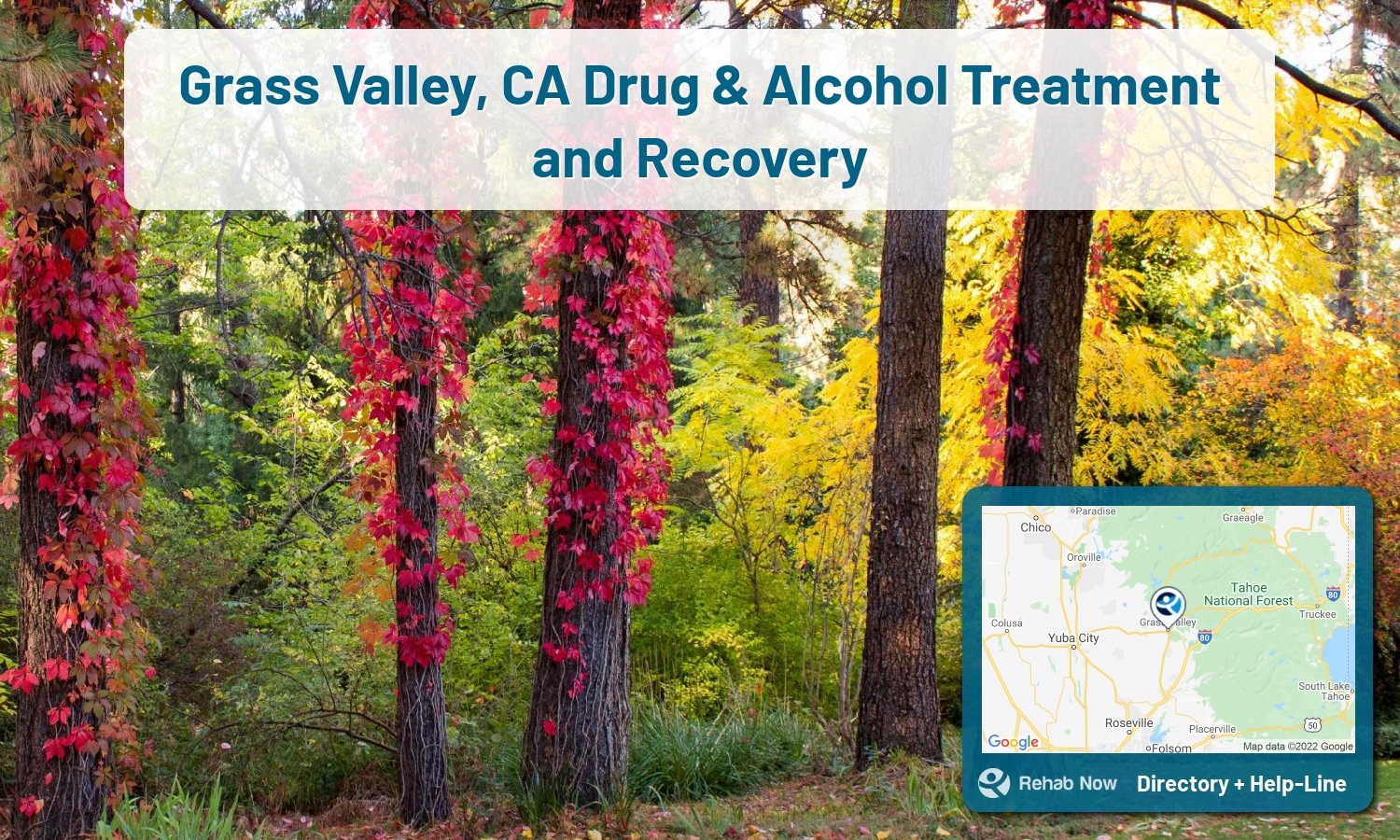
What types of treatment are available in Grass Valley, California?
The type of treatment that is right for you will depend on the severity of your addiction, as well as your personal preferences.
Some of the most common types of treatment in Grass Valley include inpatient treatment, outpatient treatment, and 12-step programs.
Inpatient treatment involves staying at a residential facility for an extended period of time, typically 30 days or more. During your stay, you will receive 24-hour care from a team of medical professionals.
Outpatient treatment involves attending therapy sessions at a treatment facility on a regular basis, while still living at home. This type of treatment is typically recommended for those with less severe addictions.
12-step programs are based on the 12 steps of Alcoholics Anonymous. These programs provide support and guidance to those struggling with addiction.
What is the average length of stay in a treatment facility?
The average length of stay in a treatment facility is 28 days. However, some patients may need to stay for a longer period of time.
Patients who have a co-occurring mental health disorder or more severe addiction may also need to stay in facility for a several months.
Drug and Alcohol Statistics in Grass Valley, California
According to the 2016 California Behavioral Risk Factor Surveillance System, 14.4% of adults in the county reported drinking excessively in the past month, and 6.8% of adults in the county reported using illicit drugs in the past month. The most affected age group was adults aged 18-25, with 19.8% are considered excessive drinkers and 11.3% reporting use of illicit drugs.
The Nevada County Sheriff’s Office reported that in 2017, there were 447 drug-related crimes. This is a 21% increase from the previous year. Of these drug-related crimes, meth was involved in the majority, at 41%.
- 24% of deaths due to accidental drug overdoses in Nevada County are for people aged 25-44.
- 67% of DUI arrests in Grass Valley are for alcohol.
- 41% of DUI fatalities in Nevada County are opioids-related.
- 28% of admission to addiction treatment programs in the county cited multiple substances abuse.
Additional Treatment Centers in California
More than 3 million of California's citizens are addicted to illegal drugs. Almost 800,000 people use hard drugs, almost 5 million use marijuana, and another 2.1 million abuse alcohol every year. Other substance abuse issues such as binge drinking and teen drug use are also common. Many illegal drugs such as cocaine, heroin, methamphetamine, and marijuana are smuggled into the state from Mexico.
Still haven't found the right recovery center? Browse nearby California cities.
- Lompoc, CA (319.4 mi.)
- Lake Forest, CA (429.1 mi.)
- Rancho Cucamonga, CA (402.9 mi.)
- Morgan Hill, CA (149.1 mi.)
- Scotts Valley, CA (159.8 mi.)
- Santee, CA (497.3 mi.)
- Grand Terrace, CA ( mi.)
- Blythe, CA (528.9 mi.)
- Thermal, CA (473.2 mi.)
- Mission Hills, CA (371.6 mi.)
- Pacifica, CA (136.4 mi.)
- Riverbank, CA (103.7 mi.)
- Los Angeles, CA (316)
- San Diego, CA (141)
- San Francisco, CA (128)
- San Jose, CA (95)
- Sacramento, CA (72)
- Oakland, CA (69)
- Fresno, CA (65)
- Long Beach, CA (59)
Who can benefit from treatment?
Anyone who struggles with addiction can benefit from alcohol or drug treatment. This includes people who are struggling with dependence as well as those who have already developed a substance use disorder.
Treatment can help people to overcome their addiction and live a sober life. It can also provide them with the tools they need to avoid relapse in the future.
The centers also place an emphasis on helping individuals to develop a support system to help them through the recovery process. This includes family and friends, as well as other people who are in recovery.
What does treatment involve?
The best course of action will vary depending on the individual’s situation. However, most treatment programs will include some combination of detoxification, counseling, and medication.
Detoxification is the process of removing the toxins from the body. This can be done through a variety of methods, including fasting, exercise, and saunas.
Counseling helps individuals to identify the root causes of their addiction and develop healthy coping mechanisms. It can be conducted in individual or group settings.
Medication can be used to help manage withdrawal symptoms and cravings. It is important to note that medication should only be used under the supervision of a medical professional.
What are warning signs bad treatment facility?
There are a few warning signs that can indicate a bad treatment facility. First and foremost, you should be wary of any facility that makes unrealistic promises or guarantees. These facilities are often more interested in making money than in helping their patients recover.
You should avoid any facility that uses harsh or abusive methods. These facilities are not only ineffective, but they can also be dangerous.
You should also be wary of any facility not accredited by the Joint Commission. This is the gold standard in accreditation for healthcare facilities.
Finally, you should avoid any facility that does not offer a comprehensive treatment plan. A good treatment facility will tailor their programs to meet the needs of each individual patient.
Does treatment facilty ensure confidentiality?
All treatment facilities are required by law to keep their patient’s medical records confidential. This means that your family, friends, and employer will not be able to access your records without your consent.
In order to ensure that all patients receive the best possible care, treatment facilities are required to maintain strict confidentiality standards. This means that any information discussed in therapy sessions or group meetings will be kept strictly between you and your care providers.
In addition, your medical records will be kept confidential in accordance with federal HIPAA laws. So whether you’re seeking help for addiction, mental health issues, or any other type of condition, you can rest assured that your privacy will be protected at all times.
The only exception to this rule is if you are deemed to be a danger to yourself or others. In such cases, your records may be released to the appropriate authorities.
What kind of documentation do I need to bring to the first appointment?
When you arrive for your first appointment, you will be asked to fill out a medical history form. This form will ask about your current symptoms, as well as any medications you are currently taking. You will also be asked about your family history of mental illness and substance abuse.
You should also bring any relevant medical records with you to your first appointment. This includes records from previous treatment facilities, as well as any test results or imaging studies.
If you have insurance, you should bring your insurance card with you to your first appointment. This will help the staff at the treatment facility to determine what type of coverage you have.
You should also bring a list of any questions you have for the staff at the treatment facility. This will help to ensure that all of your concerns are addressed during your first appointment.
What if i fail completing the program?
If you fail to complete the program, you may be asked to leave the treatment facility. In some cases, you may be able to reapply for admission at a later date.
It is important to note that not all treatment facilities offer this option. If you are considering a treatment facility that does not offer this option, you should ask about their policy on readmission.
If you find yourself struggling to stay sober, reach out for help from your doctor, therapist, sponsor, or another trusted individual.
Need treatment nearby in Grass Valley, California? Choose a drug/alcohol rehab center from our list, or call our hotline now for free help. (888) 674-0062.
